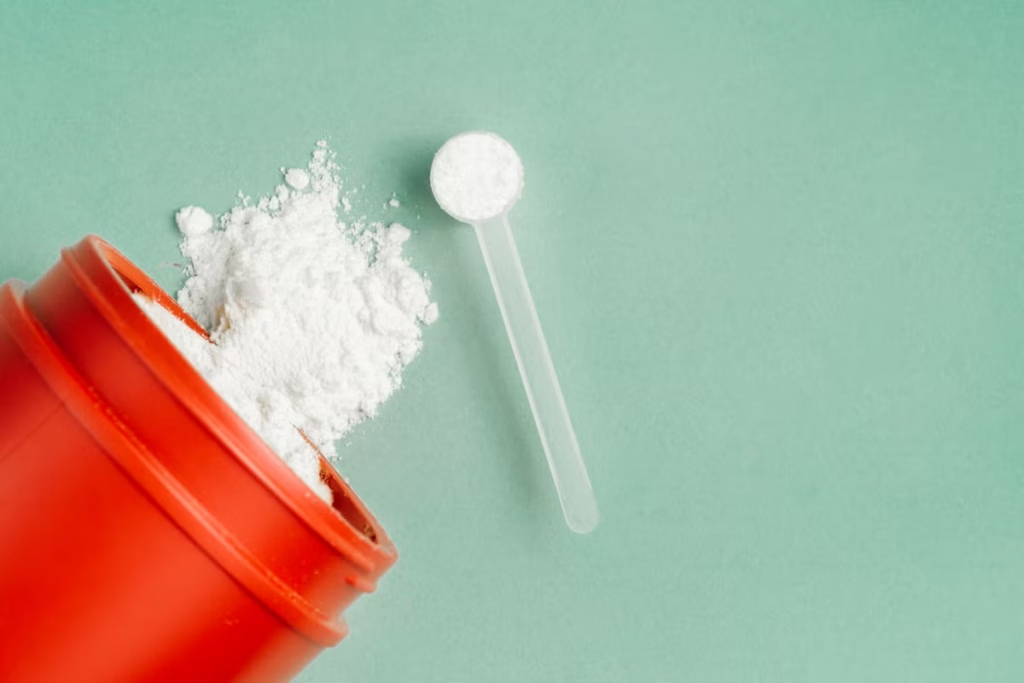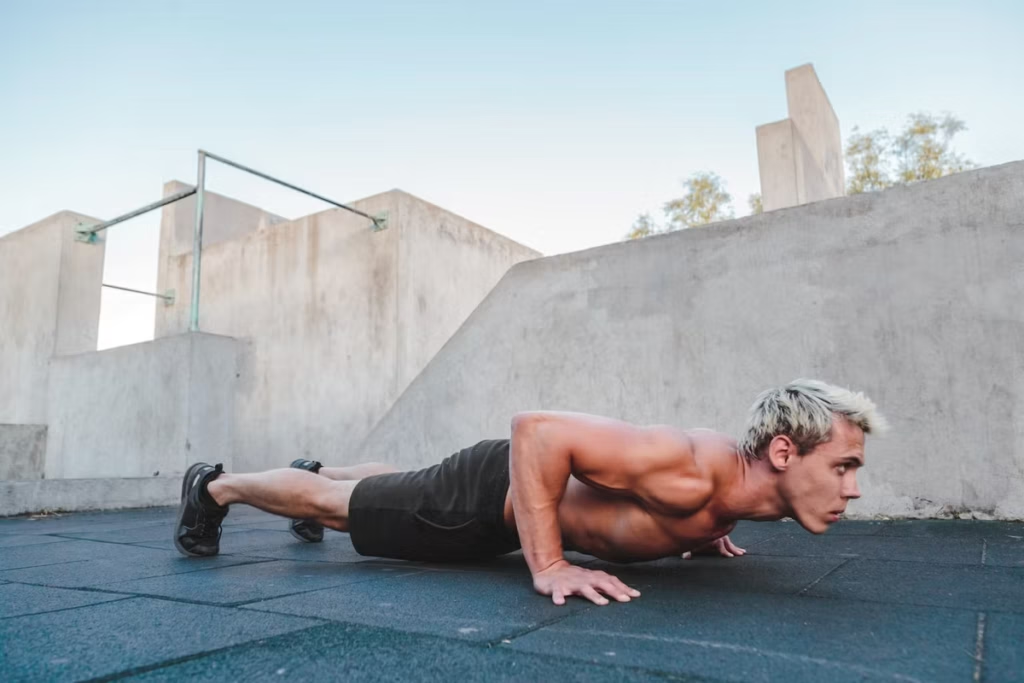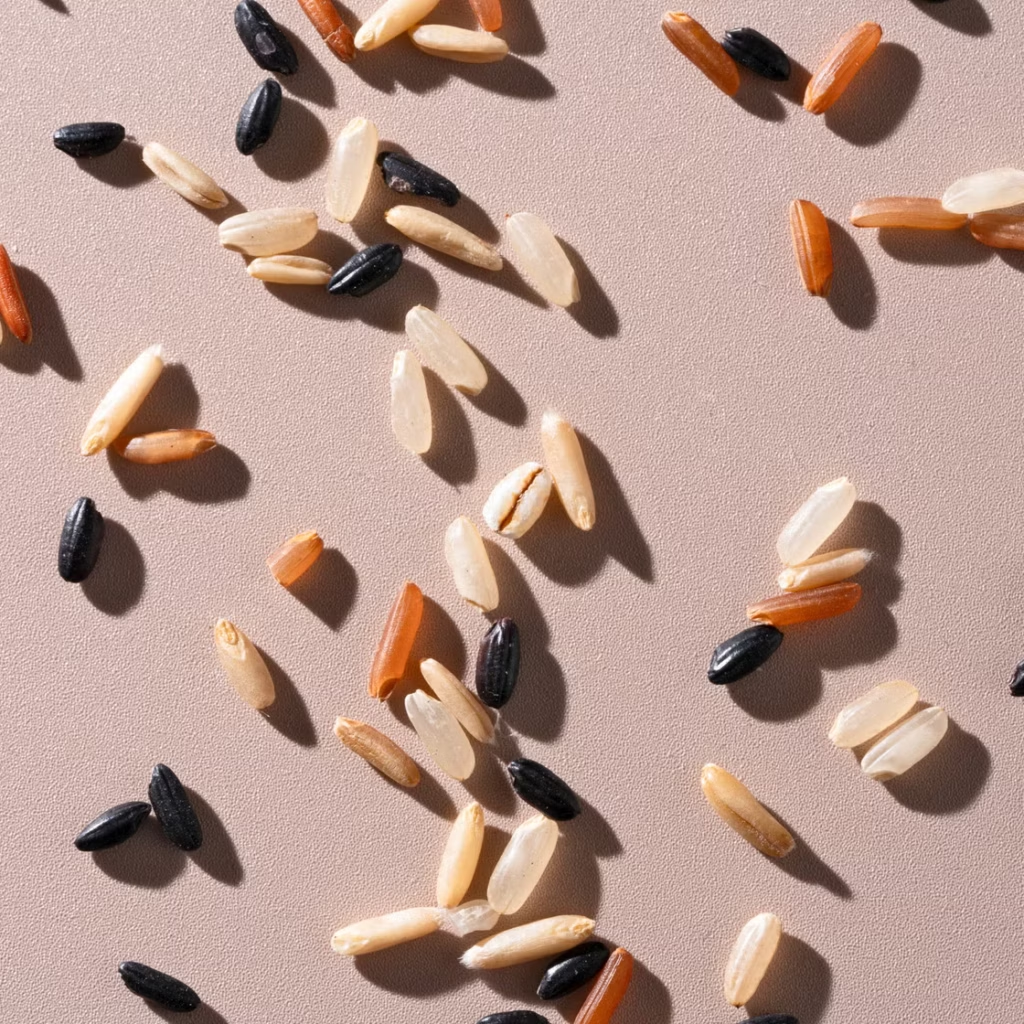Think you can’t get enough protein on a plant-based diet? Think again. While adequate protein can be found in both animal or plant foods, a well-balanced plant-based diet can provide more than enough good quality protein to support your muscle growth whilst also promoting optimal health and longevity.
I’ll be honest: before I delved into the research and witnessed firsthand the undeniable benefits of a plant-based diet for my body, I used to think that a diet which excluded meat or eggs would only be a good match for someone weak and skinny – certainly not someone who wanted to maintain or increase strength and size. This is because as a society, when we think of protein, we immediately think of meat and eggs, and have been conditioned to think that animal protein is ‘superior’ to plant protein.
RELATED: Thinking About Going Vegan or Vego? Read This First
The truth, however, is that overwhelming scientific evidence is now showing that plant protein definitely stacks up against animal protein in terms of building muscle and strength. In fact, the notion that protein from plant sources is ‘incomplete’ is both outdated and incorrect: all essential amino acids present in animal foods actually originated from those animals eating plants, or from animals eating other animals who ate plants. That’s right: essential amino acids are made by plants and then eaten by animals, so it makes little sense to assume we can only get a ‘complete’ amino acid intake from what is effectively a secondary source.
However, while many plant proteins contain all essential amino acids, it is true that plant-based foods contain different ratios of amino acids compared to animal-based foods. For example, soy foods are typically rich in lysine – which is often lacking in most whole grains. For this reason, for optimal protein and amino acid intake, it’s important to ensure a well-balanced and varied diet that includes a variety of beans, lentils, peas, grains such as amaranth and quinoa, nuts, seeds and soy foods such as edamame, tofu and tempeh. Not only are these foods able to give our bodies an adequate amount of protein and can cumulatively provide a ‘complete’ range of amino acids, but they are also packed with dietary fibre, iron and unsaturated fats – whilst being free from cholesterol and low in saturated fat, which is typically abundant in animal protein and has been shown to increase cardiovascular disease risk.
Now that we know we can get all the essential amino acids from plant foods, what are the best protein-rich plant foods and how much protein do we need for performance results & optimal health?
RELATED: Chris Hemsworth’s New Diet Hack Is Actually Saving The World
For someone who is regularly engaging in resistance training and is trying to build muscle, the recommended daily intake for protein is 1.3-1.8 grams of protein per kg if the individual is in calorie maintenance or surplus, and it goes up to 1.8-2.2 grams of protein per kg if in a calorie deficit as the extra protein may help maintain muscle mass during a weight loss phase. My favourite sources of protein are tofu, tempeh, lentils beans and quinoa, but almonds, peanuts, hemp seeds, hummus and pulse pasta all provide plenty of protein per serving. Also, keep in mind that most plant foods such as vegetables or fruits will also have small amounts of protein which may not seem like much in isolation, but can definitely add up during the course of an entire day.
For a convenient protein boost without many additional calories, plant-based protein powder can be a good idea especially for those with high protein requirements. To ensure you’re getting a complete amino acid profile, opt for a vegan protein powder that blends different varieties of plant protein such as pea, rice and hemp. Not only have these been shown to be as effective as whey powder when it comes to muscle synthesis, but they are also generally much easier on the stomach. Just make sure you’re choosing an organic product, as conventional ones are typically laced with chemical herbicides.
The bottom line is building muscle on a plant-based or vegan lifestyle is totally achievable. As with every diet, the key is consistency – both in your training and in your nutrition.















